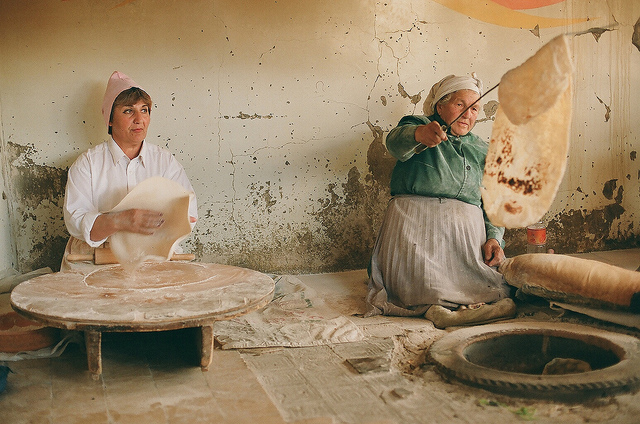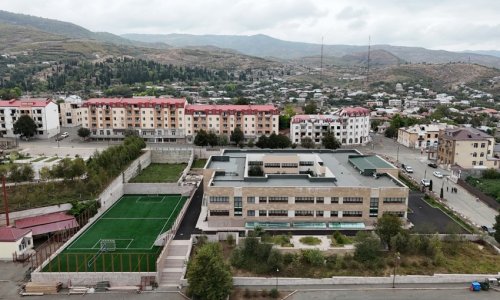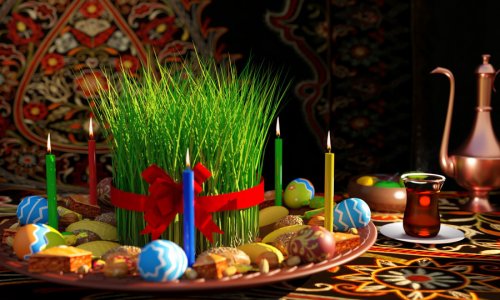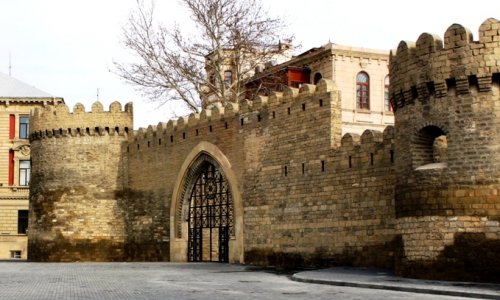Nettlesome neighbors Armenia and Azerbaijan are in a tug-of-war over pretty much everything, from disputed lands to, most recently, a loaf of bread. Armenia says it has succeeded in claiming something of a cultural copyright to lavash, a regionally popular thin bread, while Azerbaijan’s fierce attempts to thwart Armenian claims to the flatbread have fallen, well, flat.
Over Azerbaijani objections, UNESCO late last week did grant the bread a spot on its list of Intangible Cultural Heritage as an expression of Armenian culture. But the UN agency did so with a disclaimer that lavash is shared by communities in the region and beyond” and that "the inscription does not imply exclusivity.”
One Armenian media outlet claims that UNESCO committee purportedly chose the careful wording after Azerbaijan raised objections during UNESCO’s November 24-28 meeting in Paris. But the wording was enough for both countries to celebrate victory.
Azerbaijan’s Ministry of Culture and Tourism announced that it has prevented Armenia from claiming the bread as its own. "Justice has prevailed in this matter,” said Culture and Tourism Minister Abulfas Garayev. " UNESCO’s decision says that lavash is made all across the region and is not an exclusively Armenian bread.”
Armenians, for their part, declared that the decision was a loss for Azerbaijan. One Armenian food ethnographer, Suren Habosian, said that the possible explanation for why other countries, like Turkey, Iran and Georgia, also make lavash is that the ethnic Armenians who settled there brought the lavash culture with them, ArmeniaNow reported.
Amidst a regional media debate on the matter, one Russian food blogger, Stalik Khankishiyev, told Russia’s Dozhd’ TV channel that the fight is meaningless since everyone "from Lebanon to India and from Yemen to the North Caucasus” is making the bread, though with slight variations and under different names. "The tandir oven or tonir, as they say in Armenia, or tandoor as they say in other countries, is spread all the way from eastern Turkestan, now in China… all the way across the wider region,” Khankishiyev noted.
But don’t expect such exhortations to appease minds in the Caucasus, with its long-held tradition of laying claim to whatever is the oldest and best in the world. This tradition itself might be something also to consider for UNESCO’s Intangible Cultural Heritage list.
(Eurasianet)
ANN.Az
Follow us !











